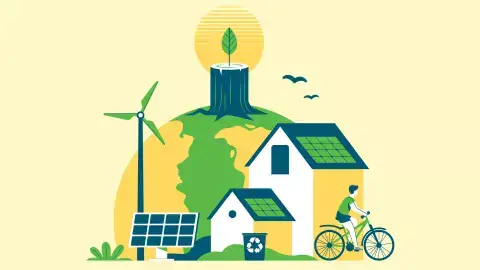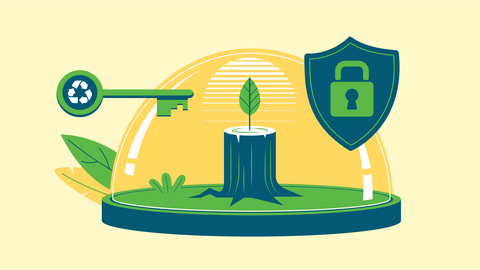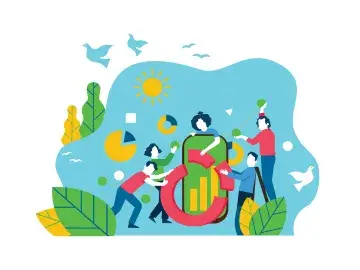Assessing Faith-Based Actors’ Contributions to the SDGs
This short, self-paced course was developed by KAICIID and the Lutheran World Federation (LWF) with contributions from the National Muslim Council of Liberia (NMCL). Through their work, faith-based actors often make important contributions to achieving the 17 United Nations Sustainable Development Goals (SDGs). However, in many cases, faith-based actors are unaware that their work contributes to this larger global agenda. Relatedly, governments and the United Nations are yet to fully understand the critical role that faith-based actors play in being agents of change in society, and in contributing to development at various levels. A common language is needed to bring these actors closer together. This course is developed to encourage and enable faith-based actors to explore how their current work links to the SDGs, and to make these links visible and more intentional. It is designed to promote the use of the SDG self-assessment tool developed as part of The Lutheran World Federation (LWF) ‘Waking the Giant’ initiative; to help broaden the evidence based on how faith-based actors around the world contribute to the specific goals and targets of the Agenda 2030. All course components are available now and can be completed at a time that is convenient for you (within a one-month period). Please note that this course is not facilitated by a course team leader. Any specific questions can be emailed to the KAICID E-Learning Programme at [email protected] or [email protected].
KAICIID launched the FAITH4SDGS Project. More information and material can be found here: https://www.kaiciid.org/content/sustainable-development-goals-sdgs
This course is specifically designed for religious leaders, faith-based organizations, civil society and non-governmental organizations, UN agencies and other multilateral institutions, government officials, policy and decision-makers and individuals interested in this field.
The practice of using interreligious dialogue (IRD) for engaging faith actors to support and promote the UN SDGs is rapidly emerging as a necessary tool for the twenty-first century education toolbox. KAICIID online courses build the capacities of global leaders to address a number of today’s most pressing challenges by developing knowledge, networks and skills. The courses are part of an ongoing collaboration between KAICIID,UNEP, UPEACE, LWC, NMCL and ISCREB.
• The advantages and opportunities that come with mapping out your current activities against goals and targets of the Agenda
2030
• About the concrete tools that will enable you to understand the link between your current/future work and the SDGs
• An overview of good practices and lessons learned in relation to the collection of data on faith-based actors’ contributions to
the specific targets and indicators of the UN Agenda 2030
This interactive digital course is specifically designed for busy professionals who do not have time to take the longer, moderated seven-module course on ‘Engaging Faith Actors to Support Implementation of the SDGs’. They can now select the relevant thematic topics and modules and learn on the go. Administered through a Massive Open Online Course (MOOC) platform, this short course takes around two hours to complete and can be taken anywhere, anytime, at a pace that suits and from a phone or a computer.
Participants who successfully complete the course will receive a Certificate of Completion.
Modern and updated browsers.
The Lutheran World Federation (LWF) is a global communion of 148 churches in 99 countries, established in 1947. It acts on behalf of its member churches in areas of common interest such as theology, ecumenical relations, humanitarian assistance, human rights and various aspects of sustainable development. The LWF is engaged in the implementation of the Agenda 2030 and it’s Sustainable Development Goals through its Waking the Giant initiative, which focuses on SDGs assessment, capacity strengthening, advocacy and mobilization of faith actors.
E-Learning in IRD designed for the general public


